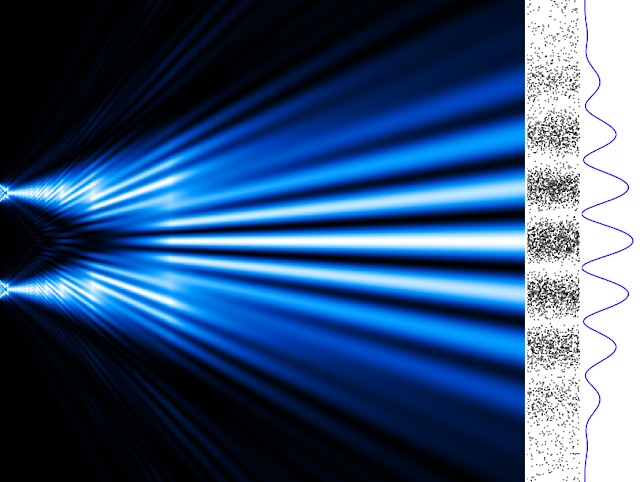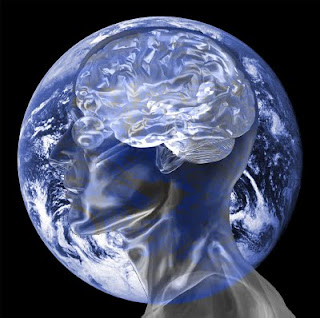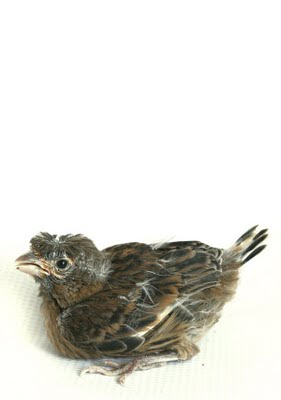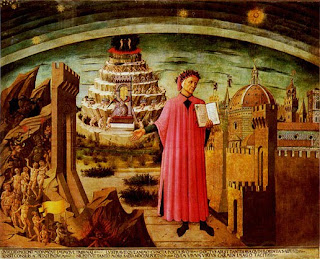You will be visited by three spirits...

I like to think I’m a rational person, but nevertheless I love a good ghost story. However I have noticed a tendency for some people to seize on rationalism as Something To Believe In which seems to miss the entire point of the mindset. I think of this viewpoint as Born Again Scepticism because it most often afflicts people who were really into Weird Shit when they were younger but became disillusioned by Weird Shit’s constant failure to deliver. Born Again Scepticism espouses a kind of knee jerk “because it doesn’t exist!” holier than thou attitude to anything that isn’t scientific canon and is evangelical about deploying it. Born Again Sceptics are usually not actual scientists. As I've mentioned before on this blog, Carl Sagan – who most definitely was a scientist – said: “No matter how unorthodox the reasoning process or how unpalatable the conclusions, there is no excuse for any attempt to suppress new ideas, least of all by scientists committed to the free exchange of ideas.”...














